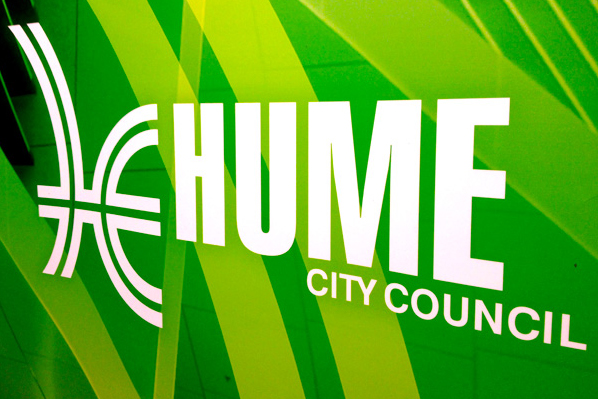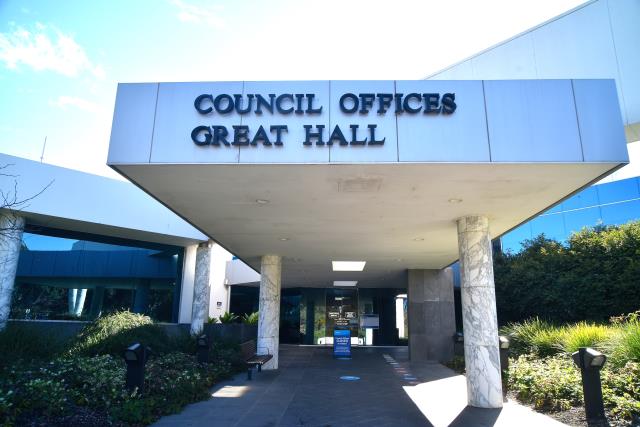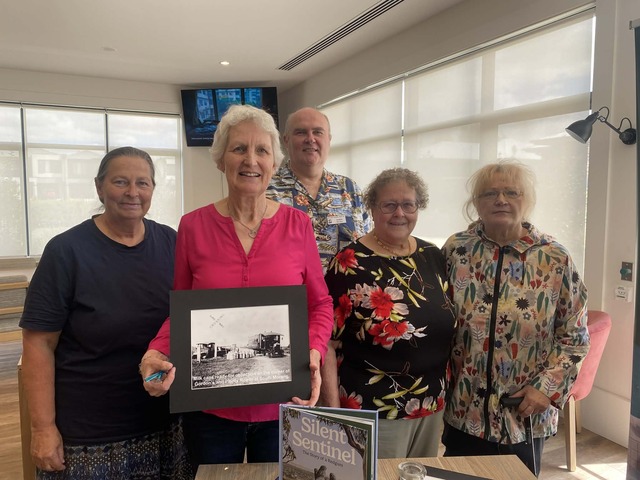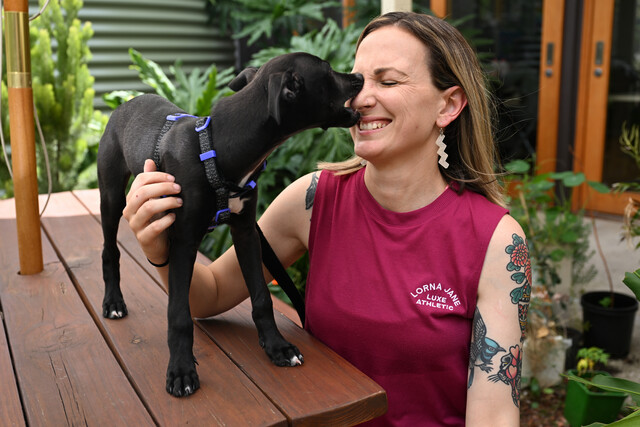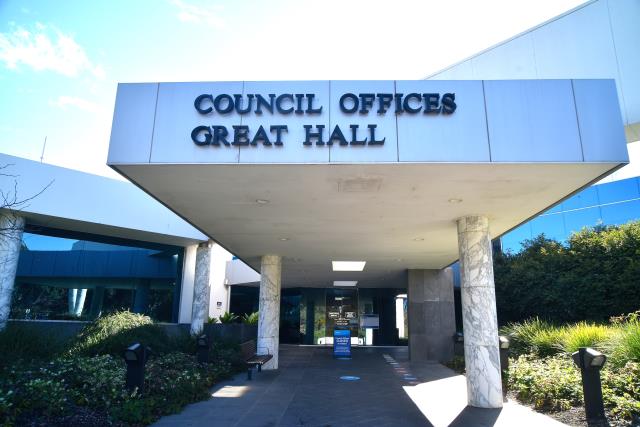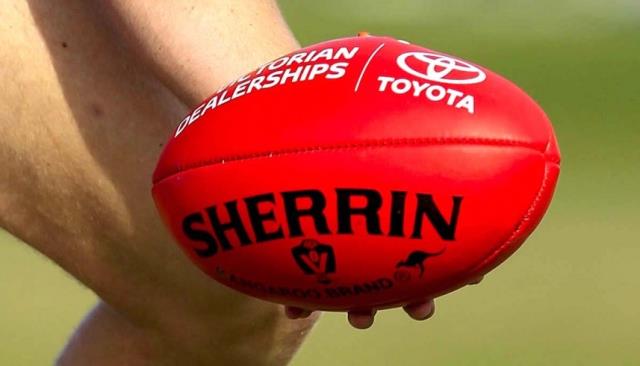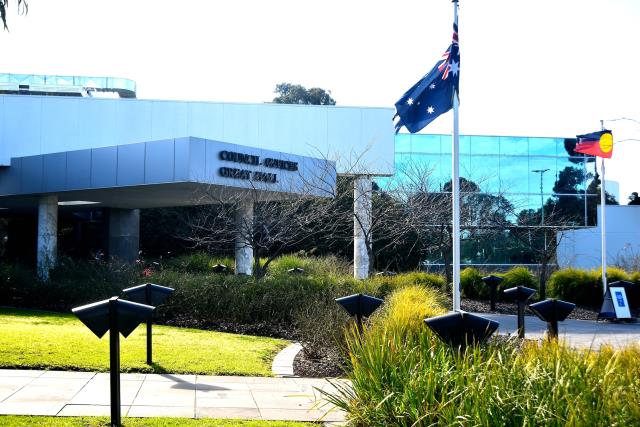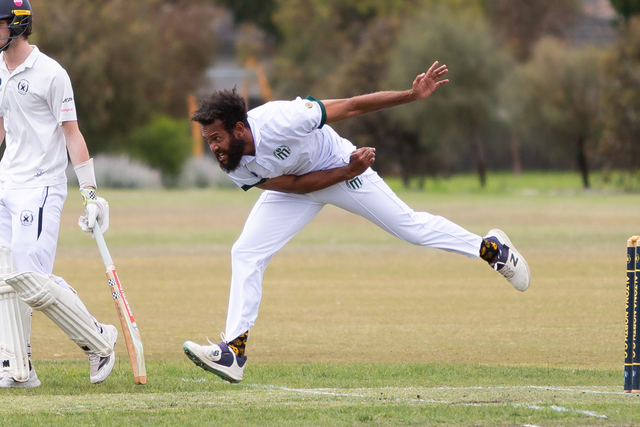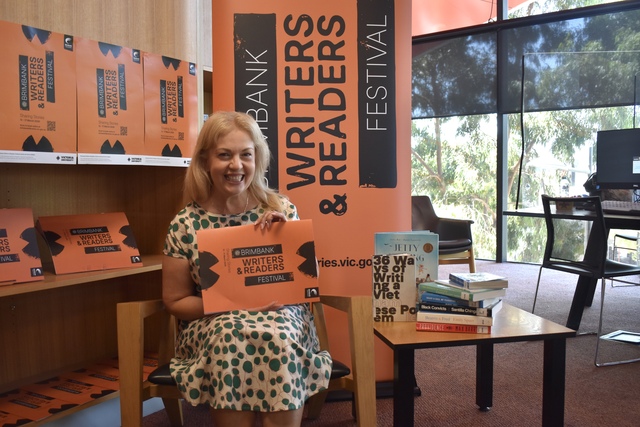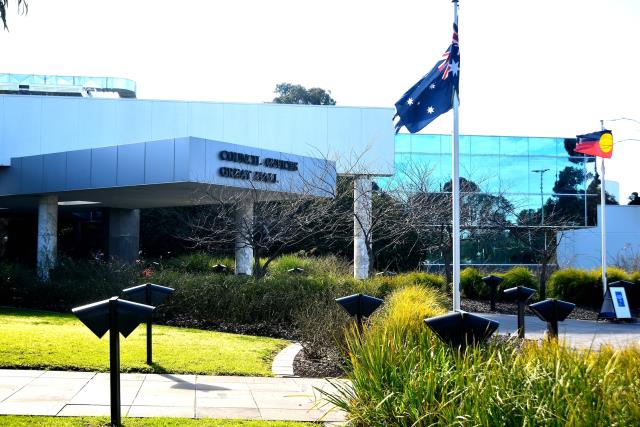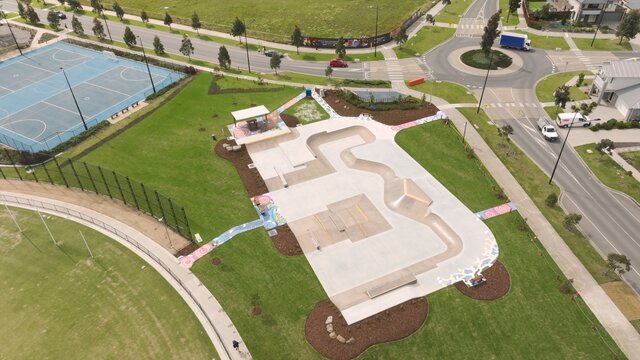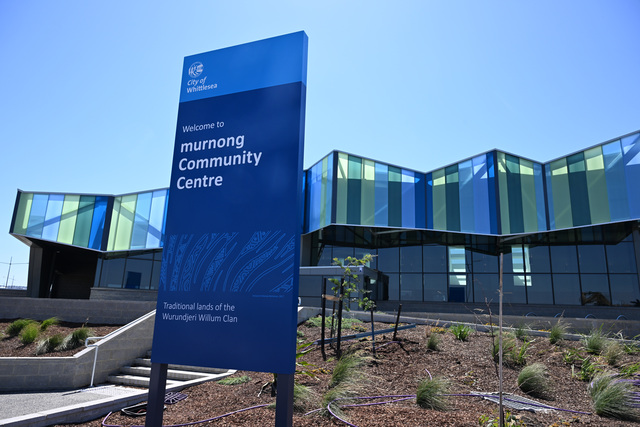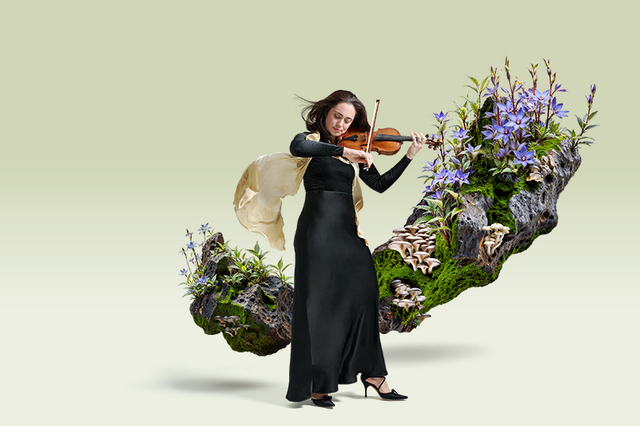The “most significant” development in Broadmeadows in recent years has been given the green light by Hume council.
Hume councillors have approved a development plan for the former Hard Yakka site on King William Street, paving the way for land to be used for residential, retail and commercial developments.
Under the plan, the site will include about 350 residential properties, close to half of which will be one-bedroom. The remaining will be two and three-bedroom properties comprising a mix of townhouses and apartments and reaching up to eight storeys.
The project will be built over four stages.
The plan has drawn the ire of many residents, who fear it will add unacceptable levels of traffic to surrounding streets such as Camp Road.
Broadmeadows Progress Association secretary John Rutherford labelled the development plan a “disgrace” at the council’s August 27 meeting.
Prior to the decision being made, Mr Rutherford called on the council to hold a public meeting to speak to residents about their concerns.
“The precinct surrounding the former Yakka site is already exposed to serious road traffic problems, parking difficulties, lack of public open space and environmental issues,” he said.
“The proliferation of home unit developments in this precinct over the past six years has seriously exacerbated these problems for long-standing residents of Hume.”
Meadow Valley ward councillor Karen Sherry said she understood that some people were upset by the plan, but she believed it was a good development.
“I believe that this is a significant development for Broadmeadows … it’s the most significant one since Valley Park,” she said.
“I know it has upset a lot of people but it actually provides a lot of affordable accommodation for a lot of people, particularly single people.”
Cr Drew Jessop said such developments were needed to accommodate Melbourne’s growing population.
“Yes, there are going to be amenity impacts, but that is the reality of a Melbourne that is growing by 100,000 people a year,” he said.

